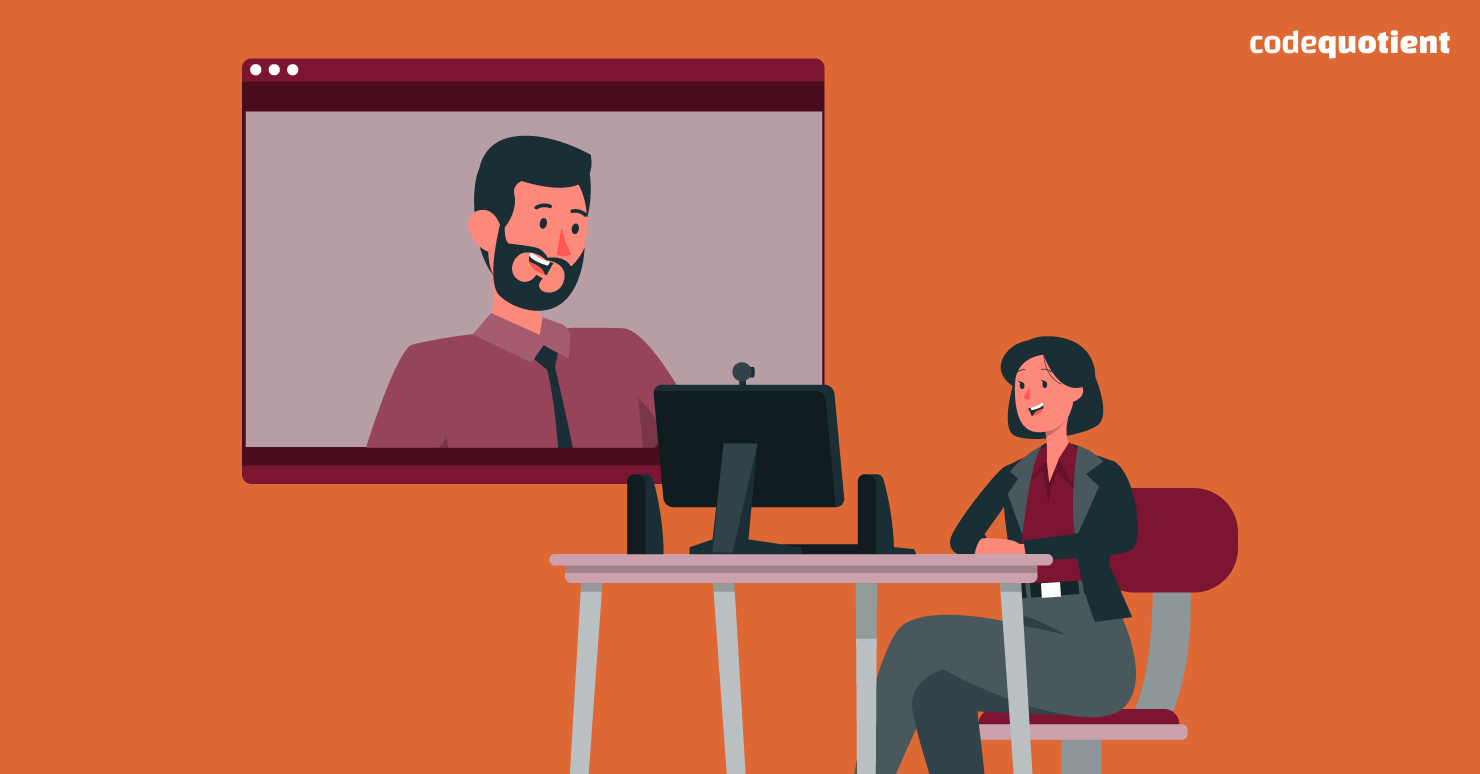Interviews can get tricky. Love ’em or hate them; there’s no getting out for most working professionals. Thankfully, it’s a skill you can genuinely master with a bit of patience.
At its core, it’s about showing that you’re someone the organisation could work with and your ability to communicate the skills that make you a good fit. Hence, good interview skills are an essential prerequisite, which you’ll learn in this article.
Seven Interview Skills to Excel Every Round

To make sure you feel comfortable and authentic and bring your higher and best self forward, check out these tips to master your interview skills!
1. Do your research
Researching the Company or the employer ahead of time will allow you to learn relevant information about their business, clients, or the industry in general. The knowledge you gain will only boost your confidence during the Interview. It is a good practice to carefully go through the job description and understand the job profile and the position’s requirements.
2. Tell a tale
Practice the art of storytelling. For example, write down a couple of pivotal moments and moments that made you interested in the industry or times when you demonstrated leadership in your professional life a day or two before the D-Day.
When asked questions, you could drive them to the stories you’ve prepared that highlight things about yourself. They are going to communicate the organic, exciting things about you and will prevent sounding robotic.
Don’t forget to keep your work samples ready and brush up on your core skills and be prepared to elaborate through suitable examples.
P.S – Remember, the recruiters often know you’re probably well qualified for the job by this stage in the application process; they are keener to connect with you.
3. Live in the moment
Practice active listening. With active listening, you’ll determine what critical points to the interviewer and weigh how the conversation is going. You will also be in a position to indicate you’re invested in the conversation.
Paraphrase the question you’ve been asked, or ask follow-up questions that show you’re eager to learn more. But, again, it’s essential to be present and personable at the moment.
4. Look beyond words
Non-verbal communication works conjointly with active listening. Start with a smile and maintain good eye contact. Demonstrating positive body language and being focused on your language, both verbal and non-verbal, is vital.
Also read: How to Answer the All-Important “Why Should We Hire You” Question?
For instance, if you’re fidgeting in your chair and keep changing posture, you might appear anxious or nervous. A good tip is to slow your breathing down, keep your hand gestures steady, and use them only to emphasise a point.
Mirroring the interviewer is also an effective technique, especially concerning the rate and volume of your speech, for people tend to trust people similar to them.
Don’t be sleep-deprived. You’ll be less clear-headed and less charismatic.
5. Get your basics right
Make sure your answer to the question “Tell me about yourself” is well refined. The most commonly asked question in an interview and usually requested at the beginning.
Look at the Company’s rating on Glassdoor and check out LinkedIn Profiles of your interviewer(s). This could help with understanding the role you’re looking at and how you are a good fit. In addition, it could ease your interview anxiety, and you also might find something you can connect over.
Speaking with confidence is one skill that ties all your other interview skills together. It may feel pretty harrowing, but just like all things, you can master it with practice!
Your goal in an interview is to sound relaxed and curious, and speaking at a measured pace will help. You could schedule a mock interview and take help from your friends or family to ask you a couple of sample questions.
6. The devil is in the details
With a surplus of video/Zoom interviews, be conscious of your background. A background with the least amount of distractions works best. Select a professional attire, something simple yet sophisticated that sparks joy and confidence inside.
Be ready with your sound and video equipment. Click on the link beforehand, be fully prepared so that you are not distracted and nervous when the Interview starts.
7. Monitor your mindset
Putting a lot of pressure on the said interview can cause you to get tongue-tied, so it’s an excellent skill to zoom out and try to gain perspective by asking yourself questions like, “Will this (job) matter when I am 80?”.
You still do want to put your best foot forward and prepare and answer engagingly. That will show you’re someone who can handle the job and the pressures that come with it.
Remember that you’re talented and valuable. Understanding your values, non-negotiable things and what you want next in your career, asking these questions is as important as making sure you can vet this job as much as they are vetting you.
Keep learning, improving your trade, and hone these interview skills with just a bit of practice. For the rest, make sure to check out CodeQuotient to make your place in the flourishing tech industry.
Good Luck!




